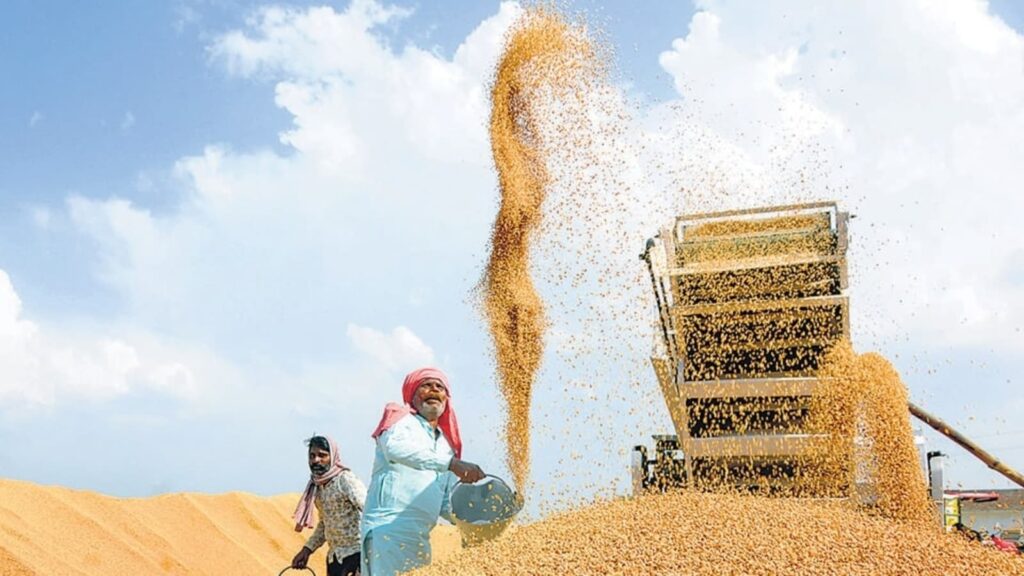Three new government-backed multi-state cooperatives launched in the past year are projected to handle more than $1 billion worth of commerce and trade in the next five years. The Union government aims to develop these entities as the fulcrum of the country’s agricultural economy, which contributes nearly 15% of the country’s gross value added (GVA) for 2022-23. In July 2021, the government created a ministry for cooperation to revive moribund cooperative businesses and set up new ones across the country.
The Centre has since rolled out several changes to digitise and expand a sector that plays a key role in the rural economy. The three national cooperatives established last year are becoming the pivot for the rural economy through exports, seed production and procurement of farm produce. The cooperation ministry has modified laws, including the Multi-State Cooperative Societies Act 2023, which has enabled cooperatives to expand operations to 22 new businesses, including petrol pumps. Success hinges on states aligning their goals with national goals. The Centre could face pushback from some Opposition-ruled states, since cooperatives, other than multi-state ones, fall squarely in their domain. It would do well to steer this grand project in the spirit of cooperative federalism, while states ought to realise that a national movement around cooperatives could indeed be a game-changer.
Continue reading with HT Premium Subscription
Daily E Paper I Premium Articles I Brunch E Magazine I Daily Infographics


